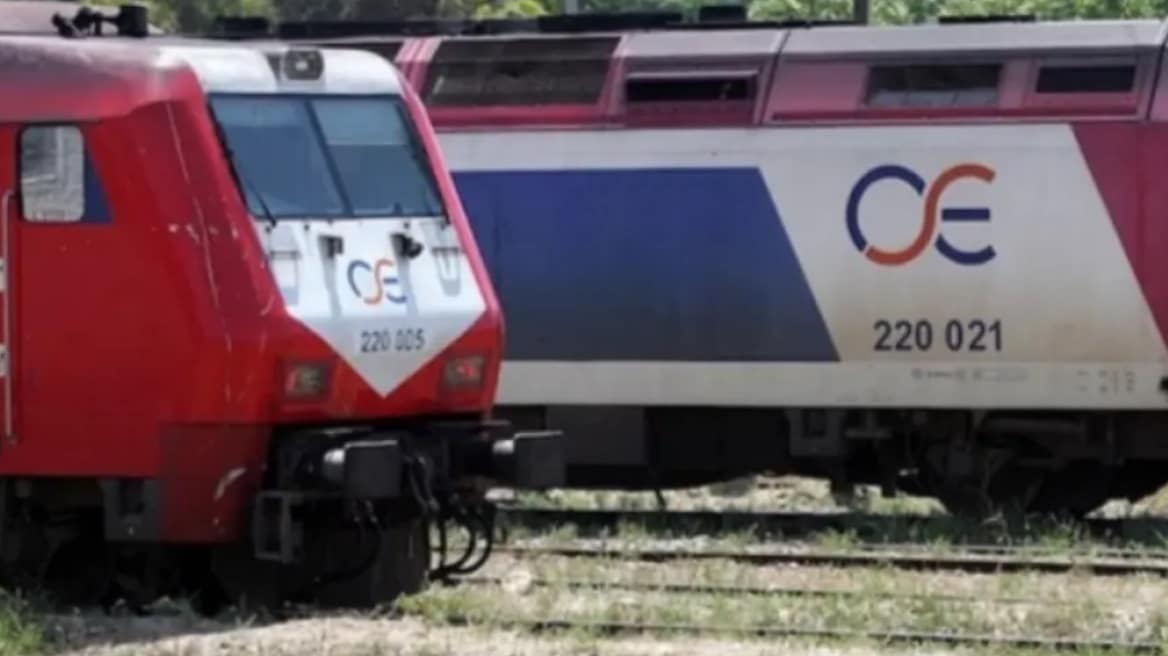

Greece’s railways are investigating another near head-on collision in northern Greece after the fatal February 2023 train collision at Tempi, which claimed 57 lives.
The latest incident occurred in Pieria, north of Tempi, where an Intercity train carrying 200 passengers came within 1.5 kilometers (almost a mile) of colliding with a stalled suburban railway train.
Hellenic Railways (OSE), responsible for railway system safety, confirmed media reports on the incident and stated that technical checks are underway on the Thessaloniki-Athens line. The investigation aims to determine why the Intercity train received a green light to proceed while another train was stationary at the Korinos station.
Conflicting reports have emerged about whether the automatic signaling system was functioning properly. According to Rizospastis, the signals for the Intercity train were green, and its drivers were unaware of the stationary train until the driver reported his position over the two-way radio. The Intercity drivers then confirmed the situation via mobile phone and managed to stop the train just in time to avoid a collision.
The automatic signaling system along this part of the line has reportedly been operational since August 2023 and certified by the Regulatory Authority for Railways (RAS).
This incident is the latest in a series of near-misses, raising ongoing concerns about railway safety in Greece.
In September, a head-on collision between two trains of the Athens suburban railway was averted on Friday, when one of the train drivers realized he was moving on the same track as the train coming from the opposite direction. He then alerted his colleague to immediately stop the engines when the two trains were just half a kilometer apart.
The trains were reportedly moving at a speed of 60 kilometers per hour and were packed with commuters. One of the trains was heading to the Athens International Airport, while the other route was incoming from the town of Kiato in the south.
While the stationmaster in question has been suspended for 30 days, and a criminal investigation has been ordered, the Union of Greek railway employees is adamant that much “like in the Tempe crime, today’s near head-on collision in Athens would certainly have been avoided if the remote signaling systems had been in operation.”
A few days later, a suburban railway train crashed into fallen trees, resulting in a partial closure of the railway near the town of Chalkida, Evia in Central Greece.
Photos posted on Facebook by railway employees depicted broken tree branches in the driver’s booth. No injuries were reported.
OSE has faced criticism from union officials who argue that Greece’s railway network remains dangerous due to the delayed implementation of electronic safety systems even after the Tempi tragedy.
